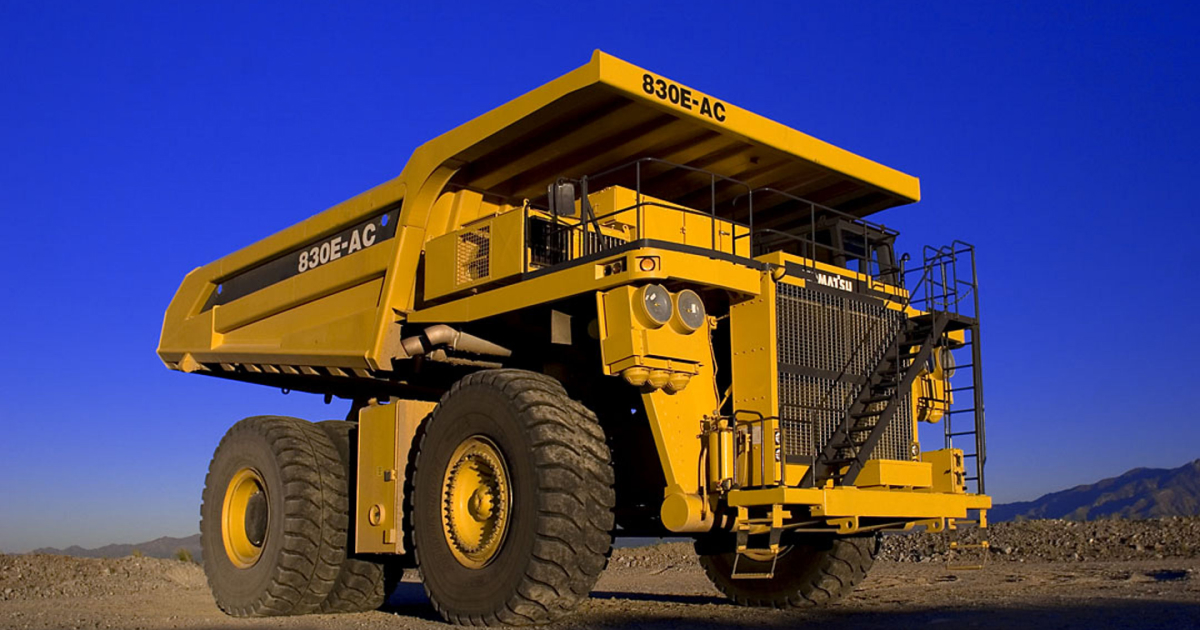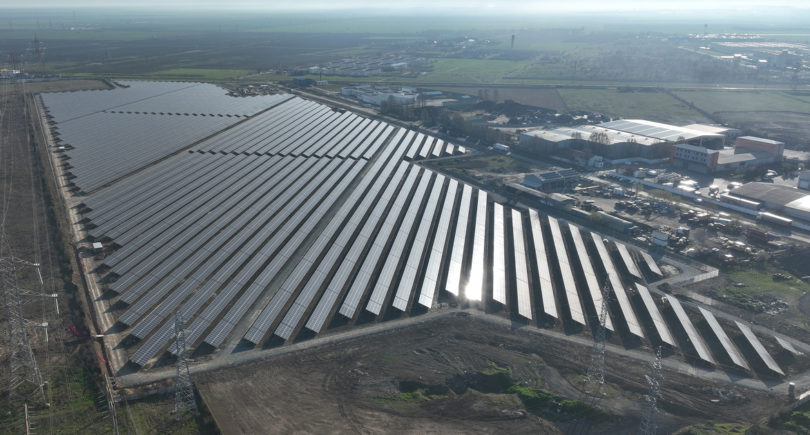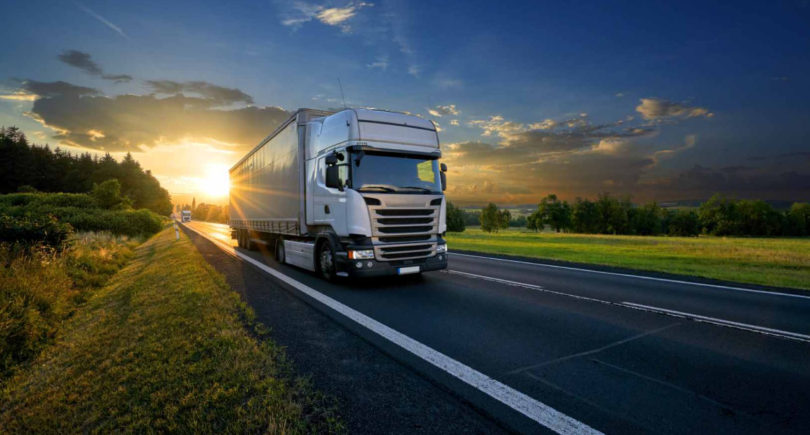
News Technologies Vale 1530 30 August 2024
Diesel emissions currently account for 15% of Vale's direct CO2 emissions
Brazilian mining company Vale, in partnership with Komatsu and Cummins, plans to modernize its fleet of mining dump trucks that will use a mixture of ethanol and diesel as fuel. This is stated in the company’s press release.
The dump trucks, which will run on a dual fuel system, will be the world’s first trucks with a payload of 230-290 tons to use ethanol in their fuel mixture. The program will contribute to Vale’s goals of reducing carbon emissions (direct and indirect) by 33% by 2030 and reaching zero by 2050.
This solution is necessary to reduce CO2 emissions during mining operations. The modernized trucks will be able to use up to 70% ethanol and reduce direct carbon dioxide emissions by up to 70%. Emissions from diesel currently account for 15% of Vale’s direct CO2 emissions.
“Eliminating fossil fuels, including diesel, from mining operations is fundamental to achieving our decarbonization goals. Applying a suitable solution to the existing fleet without having to invest in new trucks is a great way to move forward with the decarbonization process,” said Jose Balthazar, Vale’s Engineering Director.
Over the next two years, the project is expected to include the development, testing, and deployment of ethanol-diesel engines manufactured by Cummins. The decision to develop ethanol-based engines was driven by its availability in existing supplier networks and high utilization in Brazil.
“We need to take advantage of Brazil’s competitive advantage in biofuel production, as we are one of the world’s largest ethanol producers,” comments Lyudmila Nascimento, Vale’s Director of Energy and Decarbonization.
At the end of 2023, Vale announced that it had shipped iron ore by a biofuel bulk carrier for the first time. The vessel was loaded with approximately 200 thousand tons of iron ore at the Guaiba Island Terminal in Rio de Janeiro, Brazil, and was planned to use biofuels on the route from Brazil to Asia. The expected CO2-equivalent savings are about 18%, or 785 tons, which will help Vale reduce its Scope 3 emissions.




